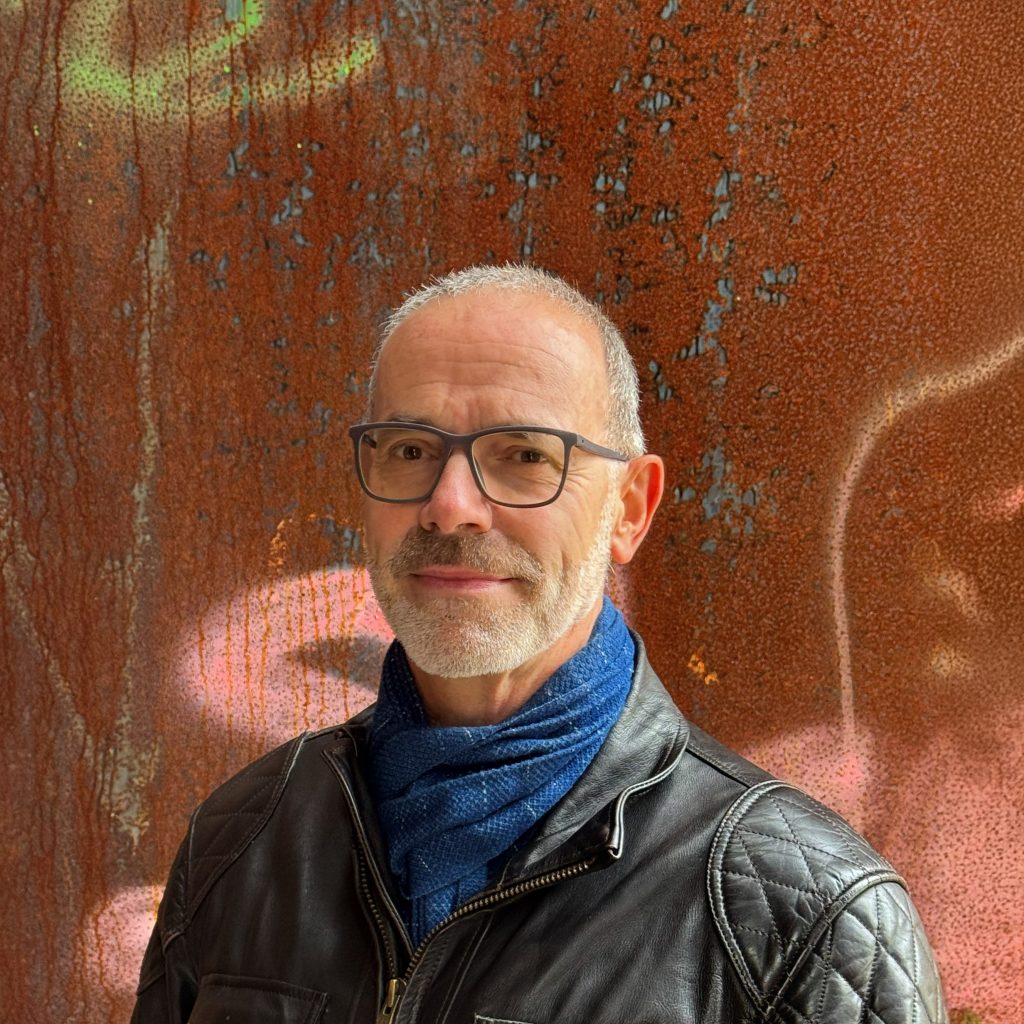Conceptualising translation as a reparative practice requires us to critically revisit how it has traditionally been framed. This project traces that framing through three mythical narratives: the Greek legend of Momus, the biblical tale of Babel, and Augustine’s version of the Septuagint’s origin story. These narratives underlie three burdens often imposed on translation – the demand for transparency (Momus), the working through of guilt (Babel), and the perception of translation as inherently flawed and its practitioners as untrustworthy (Augustine). Against this backdrop, the project analyses selected translation practices to explore what insights they offer into the possibilities and limits of reparation through linguistic transformation. Case studies include the Letter of Aristeas (c. 120 BCE), Cervantes’s Novelas ejemplares (1613), Les Mille et Une Nuits in Antoine Galland’s translation (1704–17), the complex translation history of the Popol Vuh, the Maya-Quiché creation myth (sixteenth–twentieth centuries), and Georges Perec’s La Disparition (1969) alongside Eugen Helmlé’s 1986 German translation.
PROF. DR. ALBRECHT BUSCHMANN
CURRICULUM VITAE
Albrecht Buschmann has been professor of Spanish and French literary and cultural studies at the University of Rostock since 2010. Previously, he taught at Saarland University and the University of Potsdam. In collaboration with Stefanie Gerhold, he translated Max Aub’s novel cycle Das Magische Labyrinth (The magical labyrinth), garnering the Spanish embassy’s Translator’s Prize in 2003. His research focuses on literature produced in Republican exile, most recently within the German Research Foundation (DFG) research group “TransExil: Verhandlungen von Ästhetik und Gemeinschaft im postrevolutionären Mexiko” (TransExil: negotiations of aesthetics and community in post-revolutionary Mexico). Other key areas of his research include how violence is represented in contexts of social proximity – such as literature on civil wars, drug-related violence, and Latin American dictatorships – as well as the theory and practice of literary translation. His particular interest lies in the cultural history of translation and its entanglements with transcultural knowledge production.
